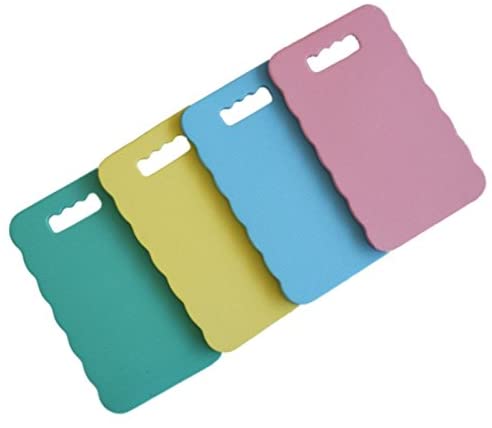The Kodály concept of music education is named after the Hungarian composer Zoltán Kodály (pronounced co-dye). He suggested that musical literacy should be taught naturally, in much the same way that we learn to read and write.
A child experiences language around them for several months before they show that they understand, start to speak, and eventually learn to read and write. Similarly, Kodály taught that children should experience singing simple songs (folk songs/nursery rhymes) before they learn to read and write music.
In musicianship lessons we sing and play musical games to introduce concepts sub-consciously, before making the idea conscious, and later introducing the musical symbols.
One of my favourite quotes from Kodály is: "Teach music ... in such a way that it is not a torture but a joy for the pupil; instil a thirst for finer music in him, a thirst which will last for a lifetime."
Read more in this article from ABRSM's May 2006 Libretto.
I charge £18 for a 30 minute one to one lesson (discounted to £17 if the invoice is paid before the due date).
Fees are payable monthly in advance, invoices are issued on 15th of each month and are due on 25th of the month. Fees are reviewed annually, and notice is given two months in advance of any change.
Musicianship
There are no further costs.
Theory
You will usually need to buy workbooks, practice papers, and pay any exam fees.
Piano
From time to time you will need to buy music, and pay any exam fees. Piano books vary in cost between about £4 and £10.
If you refer a friend then I will give you a free lesson on your next invoice, once your friend has paid their first monthly invoice.
Musicianship and Theory Lessons
You may sometimes find it helpful, but it is not necessary to have a piano for musicianship or theory lessons.
Piano Lessons
If you are taking piano lessons then it is essential to have access to a piano for regular practice. I did not own a piano when I started taking piano lessons; however I had access to a piano five or six times a week.
New and second hand accoustic pianos can be purchased or rented from piano shops such as Sheargold Music in Cobham. Second hand pianos can also be purchased privately and are sometimes a bargain, but please ask a piano technician to check any piano that you plan to buy privately.
Digital pianos come with many different features. As a minimum you should choose one with 88 full sized weighted keys, and one foot pedal. A good example in the £300-£400 price range is the Yamaha P45, which is reviewed in this YouTube video.
An electronic keyboard does not have weighted keys and so is not suitable for piano lessons.
Several websites provide lists of ways to care for your piano. Good options are here and here.
Your piano tuner will be able to advise on the frequency of tunings for your piano; most pianos need to be tuned every six months. I have used my piano tuner for several years and I can recommend her. Her contact details are: Vicky Holland, 07708 004907, vickyholland2@gmail.com.
You can encourage good posture from the start of your child's musical journey by ensuring that they are able to sit comfortably at the piano, including a solid foot rest and a seat which ensures that their elbows are level with the piano keys.
I have found that an aerobic step works well for the feet, and it has removable legs so that the step can be lowered as your child grows.
The seat should be level so that your child doesn't feel as if they are slipping off, and soft enough to be comfortable for the whole practice session. A stack of garden kneeling mats on the piano stool works well.
Please click on the images below for examples of these items on Amazon.

Musicianship
I rarely set homework in musicianship lessons. However, I often set 'challenges' for students to, for example, play this game with your family or friends.
Piano and Theory
Progress is dependent upon regular practice at home and active participation in lessons; Shorter daily practice is more effective than longer weekly practice.
Ten or fifteen minutes a day is usually sufficient for beginners, rising to half an hour a day by grade 5.
It is useful to supervise your child's practice in the first year and when they are very young. This will help them to develop good habits.
Some people like to take exams so that they have an external indication of their progress. I teach piano and theory up to grade 5, but taking exams is optional.
Kodály was once asked about the right time to start music education, he answered: "Nine months before the birth of the child," after a little thought, he revised his answer to "nine months before the birth of the mother".
Your child is not too young to start musicianship lessons. However, I don't start teaching piano until five years old, and theory until eight.
No, music belongs to everyone. Lots of people successfully start learning as an older child or as an adult.
Yes, I teach year around. Some students elect to take lessons during term time (Hampshire schools timetable) and others choose year around.
If you choose to have term time only lessons then ad hoc lessons may be arranged at mutually convenient times during school holidays. It is recommended that you schedule at least two lessons during the long summer holiday.
I use Zoom for online lessons. For the best online experience please:
I use these items to improve my experience:
